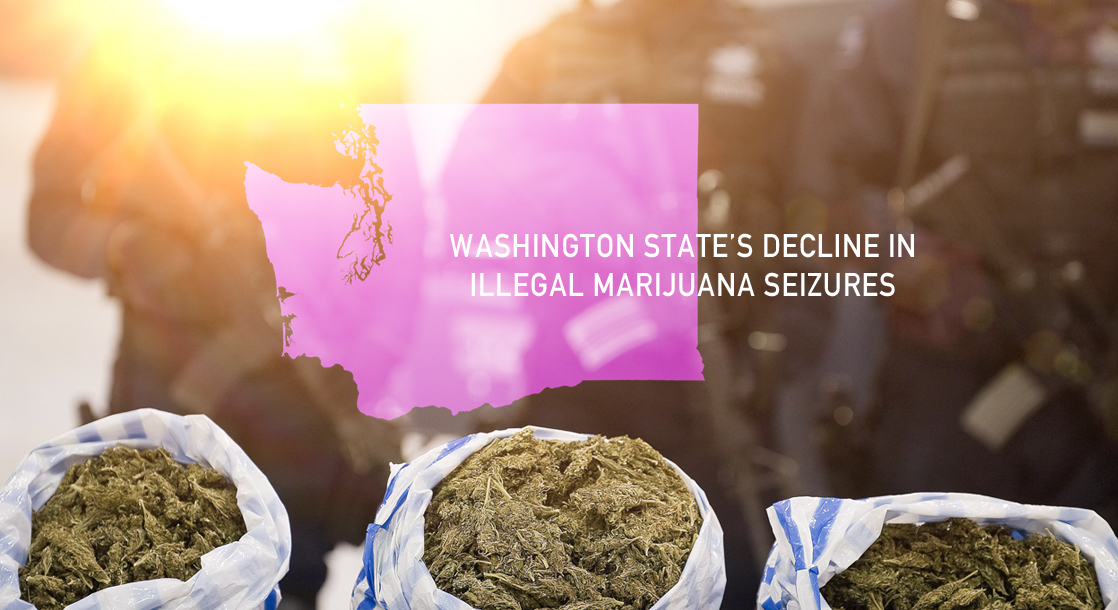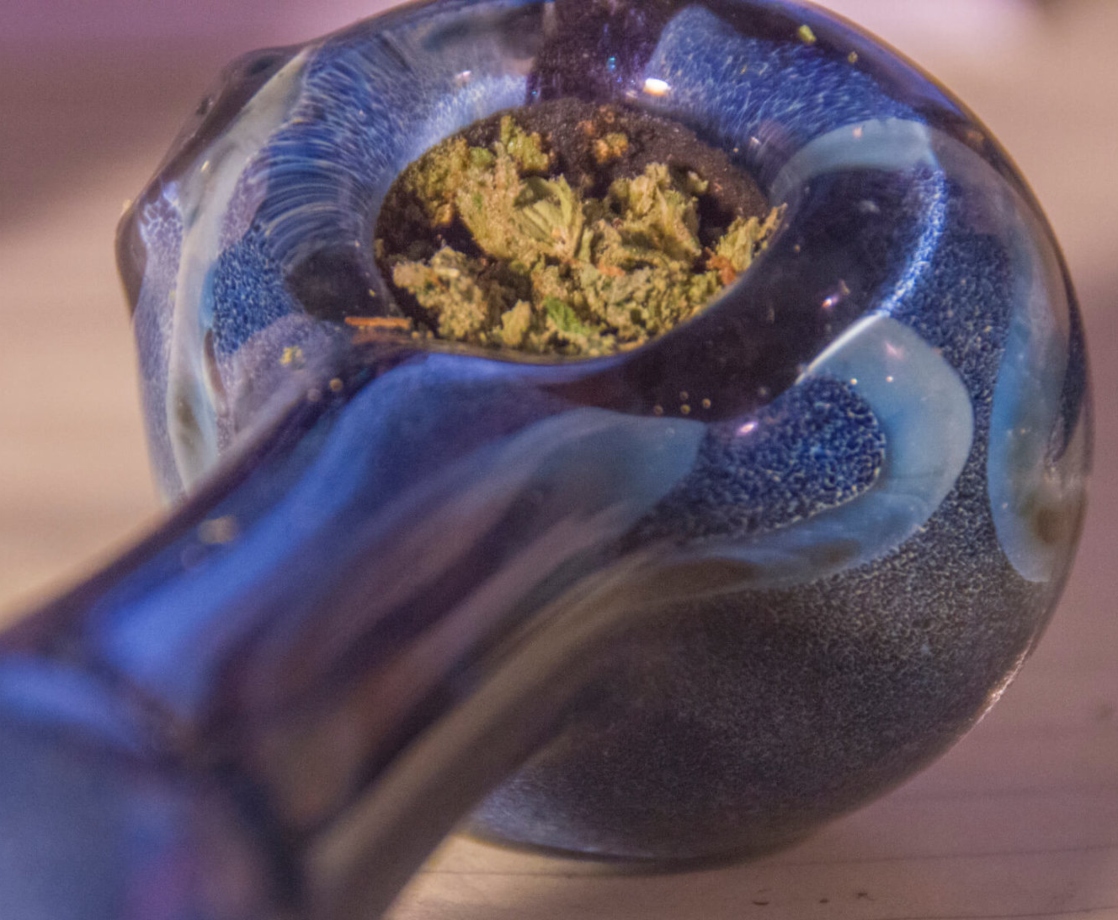Illegal marijuana sales in Washington State have drastically declined in recent years, according to the United States Drug Enforcement Agency. The number of plants seized has reduced by 80% from 2010 to 2014. In addition, the amount of processed marijuana seized by the department was reduced from 3,126 pounds to just 635 pounds over the five-year period.
Although data does not pinpoint the exact reason for the decrease, the Washington State Patrol, an entity that provides data to the local DEA office, attributes the decline to increased air reconnaissance and joint cooperation between state, local and federal law enforcement.
Data shows the vast decrease in outdoor operations from 178 sites in 2010 to 50 by 2014. The reduction of indoor sites cannot be ignored with the number going down from 245 in 2010 to only 38 in 2014.
"Production has moved into other states that don’t necessarily have the response teams we do.” Lt. Chris Sweet of the Washington State Patrol said. Sweet says much of the cartel influence on domestically produced marijuana has been pushed out of public land in the mountains and many grow operations have simply moved to private lands and pose as legitimate medical grows. He also says the number of plants seized can be a misleading statistic since today’s plants have significantly higher yields than their predecessors.
The DEA and Department of Justice report a 23.6% decline in the total weight of marijuana seized along the Southwest border of Mexico from 2013 to 2014, which does not completely answer the question as to why there has been swift reduction in domestic production.
Eric Schoep, who has been an independent sales and marketing consultant for the marijuana industry in Washington State for three years, attributes the decline to the lenient medical marijuana laws. Schoep believes that it is simply a risk vs. cost scenario.
“Due to very lenient MMJ laws (RCW 69.51a), the price was driven down to a point where the risk of operating illegally was no longer worth it compared to operating legally under state MMJ regulations," said Schoep.
In addition, the quality control and attention to detail in following state laws set in place are major contributors to the steady decline of illegal production in The Evergreen State. Growers tend to cut corners by using illegal pesticides, increased doses of fertilizer, and high yielding yet low quality strains are basically put out of business by the regular testing of product at reputable laboratories.
Washington focused much of their production on butane extraction, which provided medical marijuana buyers with a legitimate means to determine whether or not the product being sold was clean and of high quality. Even the reduction in butane extraction has made way for CO2 extraction and rosin, which also provide buyers a general glimpse into each grower’s methods.
Once a medical marijuana access point is able to catch a glimpse to the methods used by the growers they purchase product from, they tend to stick with those growers for future sales. The most successful growers in Washington State also tend to not change their methods or succumb to the temptations of pesticides and illegal fertilizers when the situation arises. To put it plain and simple, the decline in illegal marijuana production can be attributed to the increased focus on quality of legal operations.
By July, Washington’s medical marijuana laws will be overridden by the new recreational i502 legislation, effectively terminating all medical marijuana sales. Schoep hypothesizes the risk vs. price will most likely swing back in favor of the black market and illegal sales will increase, at least temporarily, citing three resulting reasons:
1) Current MMJ processors left with product but no legal market remaining for sales
2) Prices increase when medical marijuana is abandoned and i502 [recreational] will be the only legal option
3) The capital required to now operate legally under i502 will be too much for most current MMJ processors
The Washington marijuana market will get its first glimpse at the state’s handling of the transition between medical and recreational marijuana. The DEA and Washington State Patrol should look into the other causes of the state’s decline in illegal marijuana sales or its predictions and numbers will have little to no meaning.
Time will tell whether or not the state will see an increase in black market sales and other states should use Washington’s experience with making marijuana legal as an example for future legislation and implementation.











